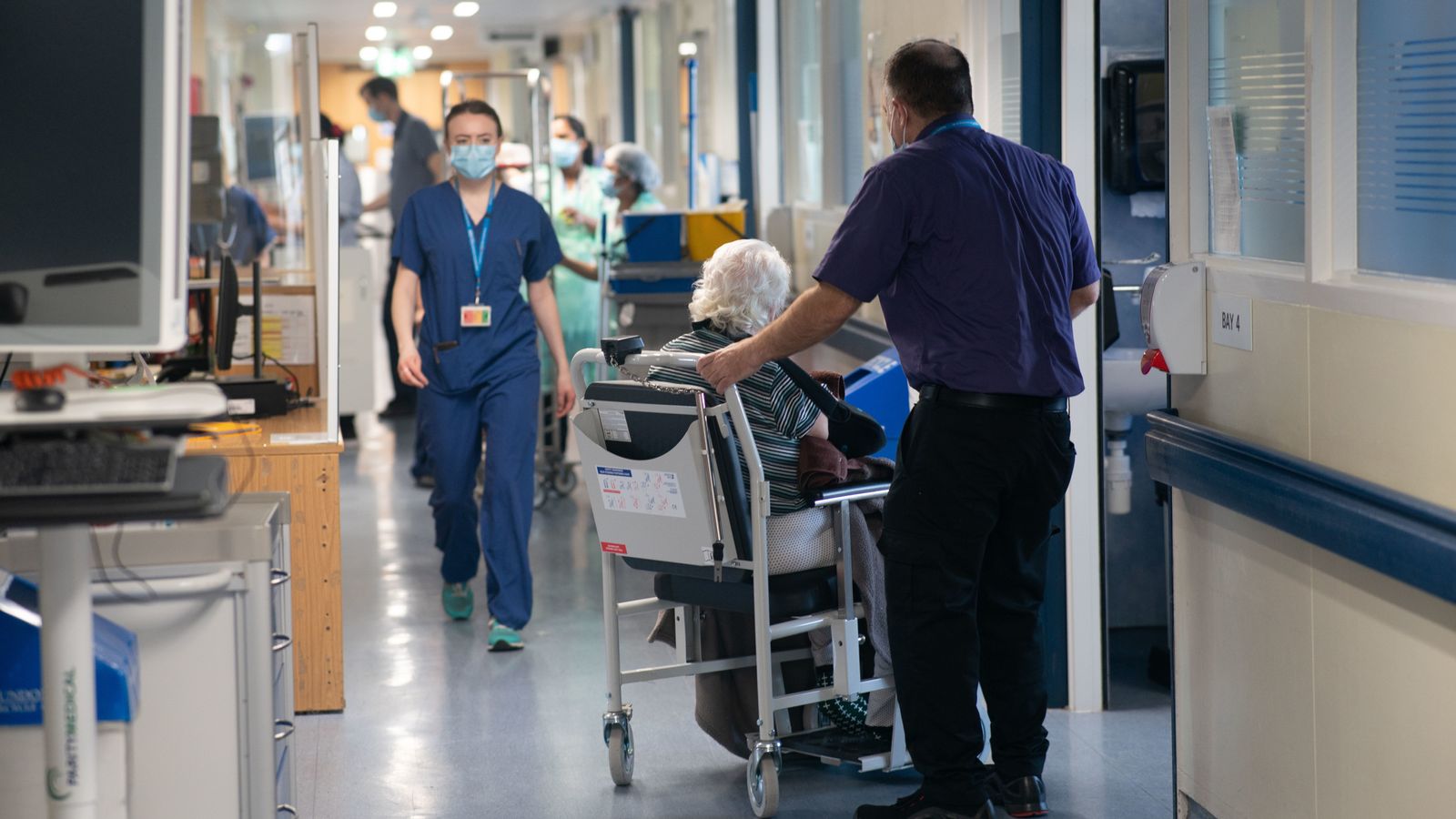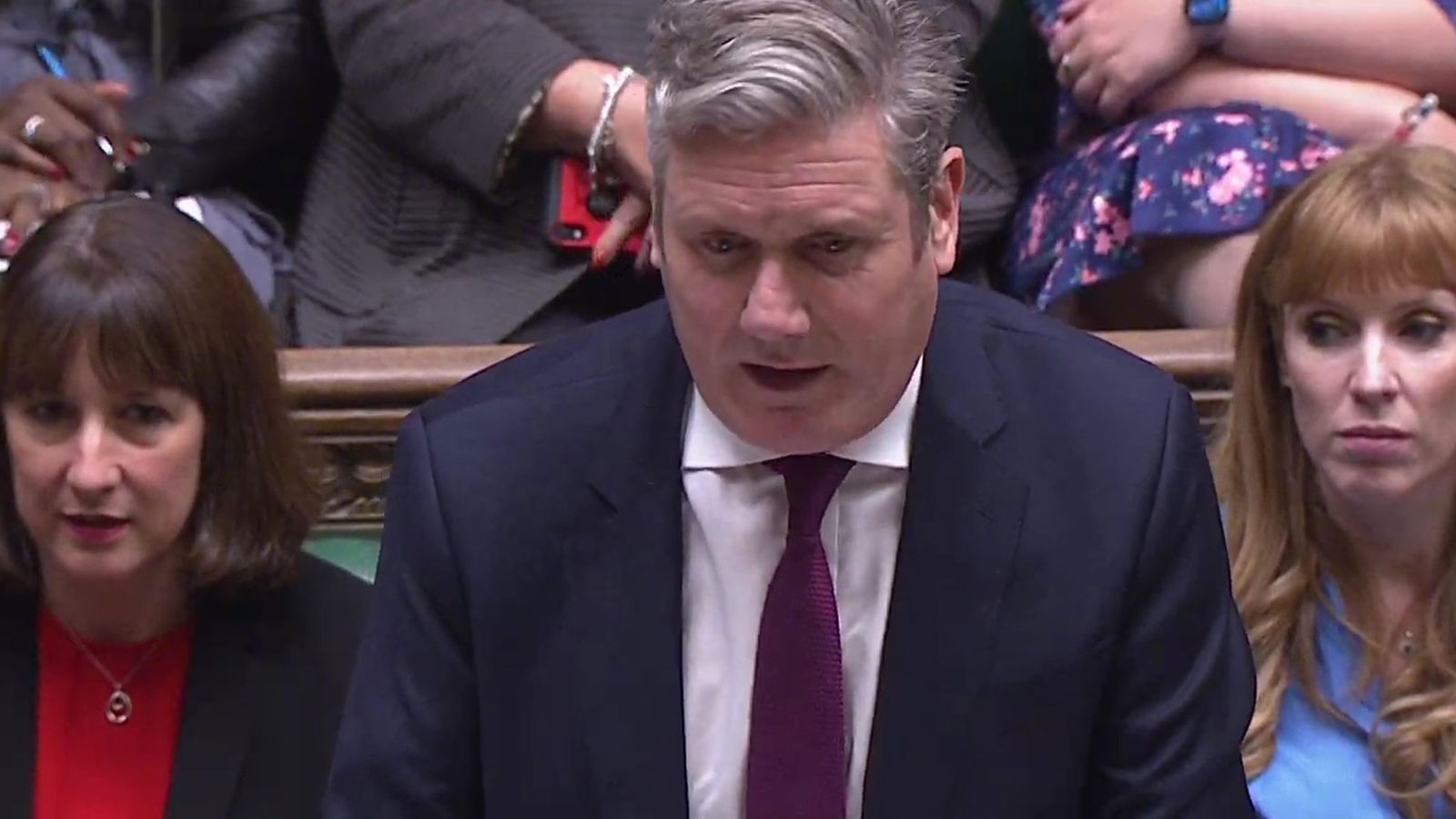Many NHS staff “cried” when describing their working environment to the health safety watchdog, an interim report has revealed.
Healthcare Safety Investigation Branch (HSIB) investigated staff wellbeing across urgent and emergency care systems and its impact on patient safety.
During conversations, it “saw, felt and heard the significant distress” staff were experiencing.
Many NHS staff cried or displayed other extreme emotions when describing working conditions, their personal feelings about decisions they or others had to make in relation to patient care, and the burden of moral distress, the report outlined.
“How many people are we going to kill today?” was found to be a common worry among emergency ambulance dispatchers due to their “frustration and sadness” at not being able to send ambulances to patients in need.
The watchdog heard of occasions in which more than 100 category 2 calls – made for emergencies such as a stroke, that needed to be responded to in an average time of 18 minutes – were left waiting, with no available ambulances to respond to patients
Staff handling 999 calls reported receiving multiple calls from patients waiting for an ambulance, and hearing patients deteriorating without being able to do more than offer telephone advice.
People on mental health waiting lists cautioned not to turn to chatbots
Government announces rapid review of inpatient mental health services in England
Rise in number of children needing help for serious mental health problems, NHS data shows
Emergency department staff reported moral distress when they could not do right by all their patients, such as when deciding which of the unwell patients in a queue of ambulances to take in for treatment.
Read more:
This is where – and why – there are long waits for emergency care
Why are so many staff leaving the health service?
Public support for UK government’s handling of NHS in England drops to new low
Staff told investigators that, even after work, they found it difficult to switch off from work and interact with friends and families, with those living alone speaking of “isolation and despair.”
Staff reported feeling exhausted, a reduced ability to process information, lack of time for emotional repair and support, and reduced resources to support their emotional wellbeing.
On the advice that reflective practice – in which staff are given a protected time to come together and talk about their work’s emotional impact – could be beneficial, staff told investigators that such opportunities to speak openly and safely would be “incredibly helpful” and “cathartic”.
Click to subscribe to the Sky News Daily wherever you get your podcasts
NHS England told investigators that it believes there is a link between staff wellbeing and patient safety, and their teams and partners are working on a patient and staff safety plan.
“A culture in which staff are valued, well supported and engaged in their work leads to safe, high-quality care,” it said, adding that this means “both psychological safety and physical safety.”
Be the first to get Breaking News
Install the Sky News app for free
Lead investigator Neil Alexander said: “We recognise that until there is a whole system response to the challenges in urgent care, staff will continue to face issues.”
He added that in the short term, however, reflective practice and expert support are important.








